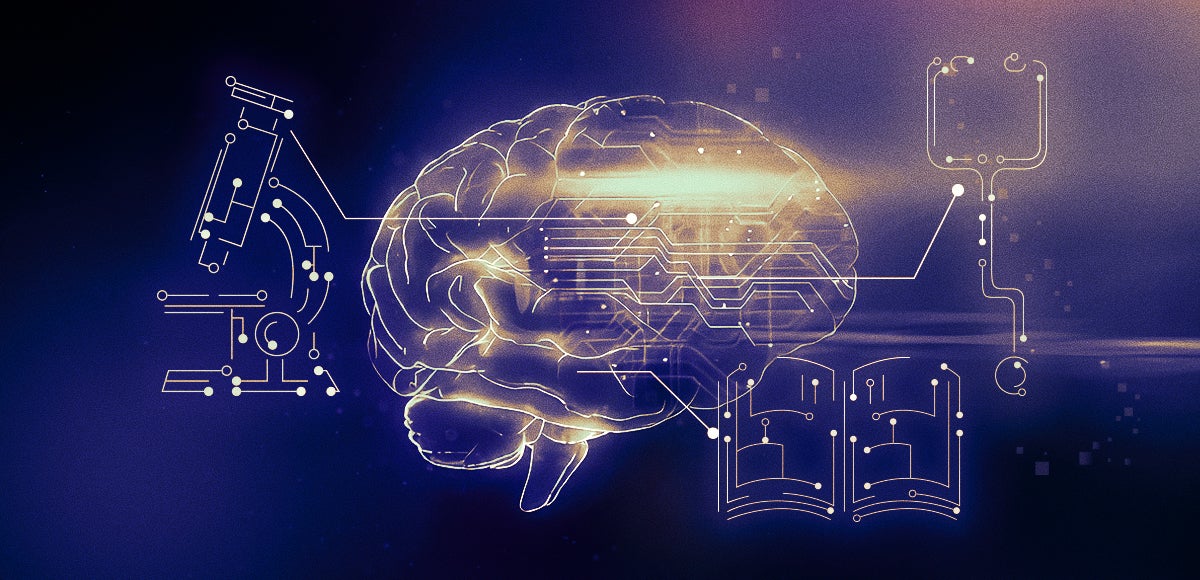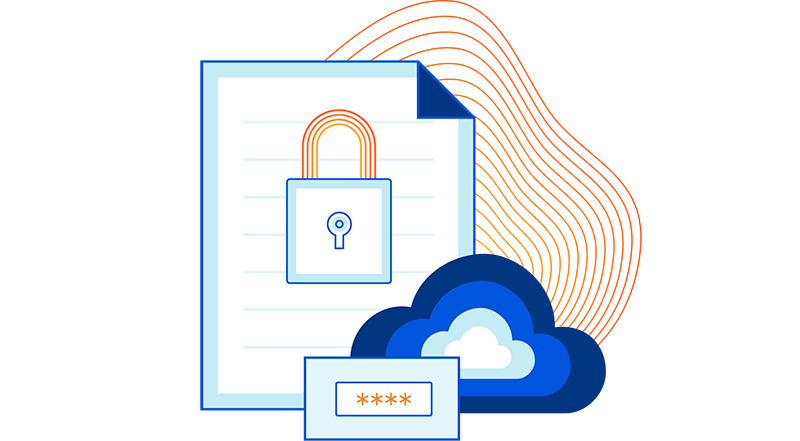Blogpost #10
As technology continues to advance day by day, so comes the new innovations and ideas that promise the "future of tomorrow." One such innovation, that's lately been a flux of positive and negative feedback, is Artificial Intelligence. A system capable of automating most tasks, from conveyor belt lines, to computer work, to even writing papers and conversations. Though that begs the question. How will it effect employment? Will it endanger privacy? And, what of our national security?
When it comes to employment, it's a good question to ask if AI's will take our jobs, and the answer is, yes and no. There are only so many jobs an AI can do on its own, and almost all of them require human supervision. What needs to be remembered is there's a difference between jobs, and tasks. Jobs encompass a field of tasks in many cases, while AI's are more so focused on doing specific tasks with high accuracy. But, yes, it is true. There are some jobs that can be taken over by AI's, but those that require human interaction, and a shared level of organization, will be safe. And it is unlikely to happen any time soon. The thing to always remember with AI, its very expensive. A lot of companies wont go out of their way, or their finances, to replace their employees with an AI that costs more than a building.
What about our online privacy? How will AI's affect that? Well that's a tricky situation that does come with a lot of risks. For an AI to operate, it requires a lot of data around what it's task is. Take for instance, sorting AI for online user bases on social media platforms. This is incredibly efficient, and saves companies wasted hours. But, the big risk it brings, is if the data is stolen. With the sheer amount of data an AI needs, losing one AI to a data leak would mean a massive leak of user data. This falls into the safety people should take when using websites that use AI's in their systems, and should always have backups, to prevent loss of data. But another thing to consider, is AI's are even used to prevent data leaks. AI's can register when their are bugs or data leaks within it's systems, and work to prevent it. Like in many situations, there are both pros and cons.
Now here's one that will really make you think. Just how does AI affect national security. Well, in numerous ways. Communications between nations, uplinks, networks. But what I want to focus on is one people often forget involves AI. Targeting system, and automated defenses. A lot of people often forget that the tracking missiles on jets, Air-To-Air, or Air-To-Ground weapons, and radars, are often controlled by AI's. In a way, this is a heavy pro to situations like war. More AI controlled combat means less losses of lives, and a greatly shortened risk percentage.
I believe AI will always have pros and cons. And the more it is developed, the greater these pros and cons change. The only way to really see how this will play out, is by simply watching how AI develops, and compare it to what we had before, to see the affects it has had on society, and to always take the pros and cons with a grain of salt.
I believe AI will always have pros and cons. And the more it is developed, the greater these pros and cons change. The only way to really see how this will play out, is by simply watching how AI develops, and compare it to what we had before, to see the affects it has had on society, and to always take the pros and cons with a grain of salt.



Comments
Post a Comment